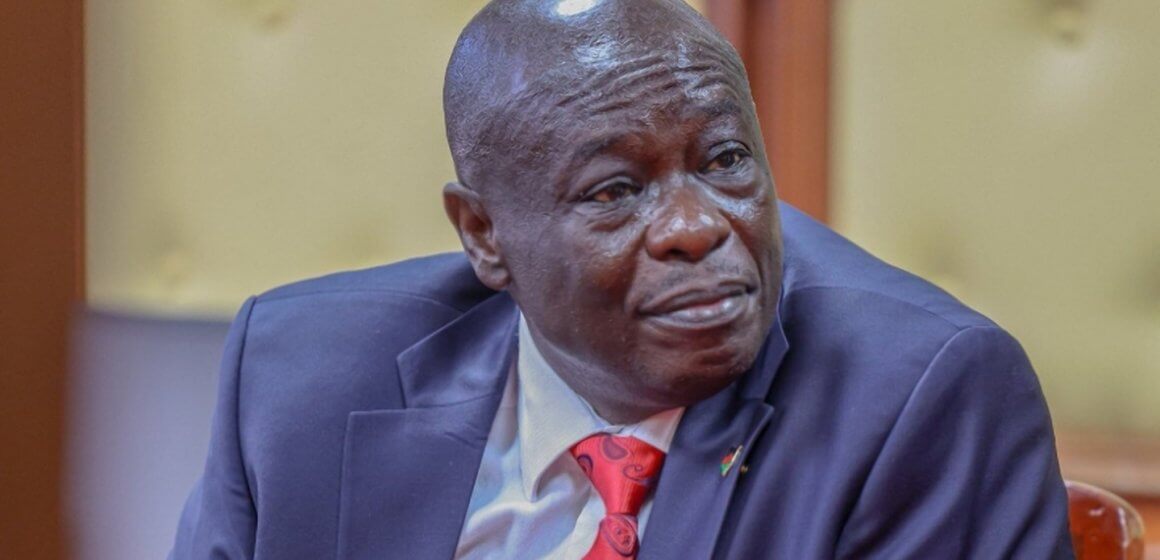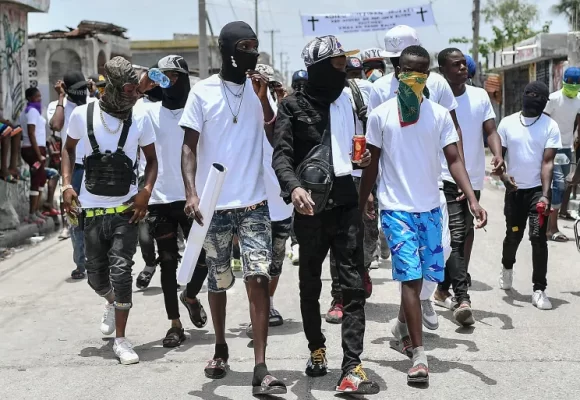|
LISTEN TO THIS THE AFRICANA VOICE ARTICLE NOW
Getting your Trinity Audio player ready...
|
Lawyer Morara Omoke filed a petition at the Eldoret High Court Thursday, October 10, 2024, seeking to block the swearing-in of any new Deputy President in case the Senate affirms the impeachment of the current officeholder, Rigathi Gachagua.
The petition challenges the legality of the entire impeachment process, raising concerns about constitutional violations and a lack of public involvement. The impeachment motion, tabled by Kibwezi West MP Mutuse Eckomas Mwengi on October 1, 2024, has sparked widespread debate and tension across political circles. Omoke’s petition, deemed urgent by the court, contests the manner in which Gachagua’s removal from office was handled. He argued that the signature collection process for the motion was marred by irregularities, intimidation of lawmakers, and even allegations of forgery.
One of the key claims in Omoke’s petition is that several signatures on the impeachment motion were fraudulent. He cited instances where lawmakers, such as Mwala MP Vincent Musyoka, were surprised to find their names on the list of those who supposedly supported the impeachment despite not having signed the motion. Other MPs, including Hon. Emmanuel Wangwe and Hon. Bernard M. Shinali, reportedly had their signatures falsified, with identical handwriting used for both names, raising questions about the integrity of the process.
The lawyer also took issue with the lack of public participation in the impeachment proceedings, which he argued was a crucial element in removing an elected official from such a high office. According to Omoke, the decision to impeach the Deputy President should have involved consultation with the public, as it directly impacts national leadership and governance. “A Deputy President holds an elected position and his removal must be guided by the will of the people,” he said.
Beyond the procedural issues, Omoke pointed to the broader implications of the impeachment, warning that it could jeopardize national unity. Drawing parallels to the violence that engulfed Kenya after the disputed 2007 election, he noted that the impeachment of Gachagua was divisive and could incite tensions if not handled with caution. Gachagua’s role as a representative of the Mt. Kenya region, where he spearheaded economic reforms in agriculture, including coffee and tea, was being unfairly targeted, Omoke argued. He argued that the Deputy President’s focus on regional issues was part of his official duties and should not be used as grounds for impeachment.
The petition further claimed that the impeachment effort had been premeditated, with National Assembly Deputy Speaker Gladys Boss signaling her intent to lead the charge as early as September 23, 2024. Additionally, Speaker Moses Wetangula was accused of publicly supporting the impeachment at a church event before the motion was formally debated in Parliament, which Omoke said undermined the neutrality required of such a high-ranking official.
Omoke called on the court to issue conservatory orders preventing Chief Justice Martha Koome or any other official from swearing in a new Deputy President until the case was fully resolved. He also sought to have the case consolidated with other related petitions and referred to a larger bench of judges.
“This petition raises crucial constitutional issues that cannot be ignored,” Omoke stated. He urged the court to ensure that the proceedings remain transparent and open to the public.











LEAVE A COMMENT
You must be logged in to post a comment.